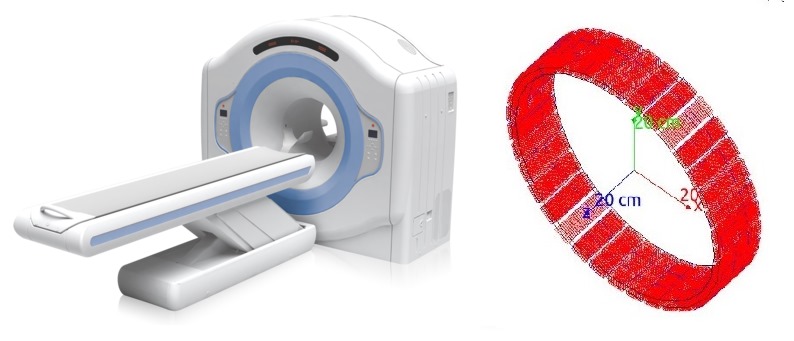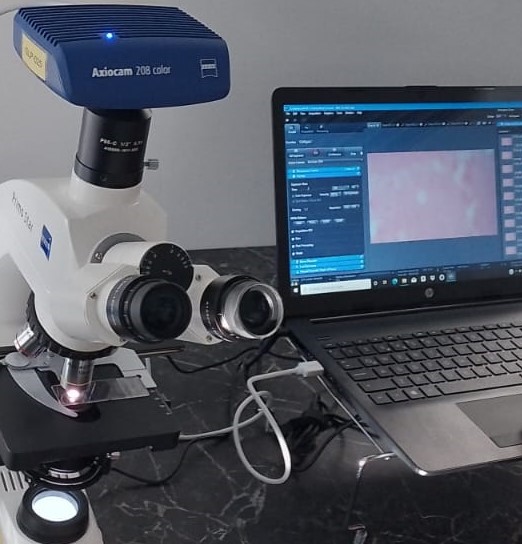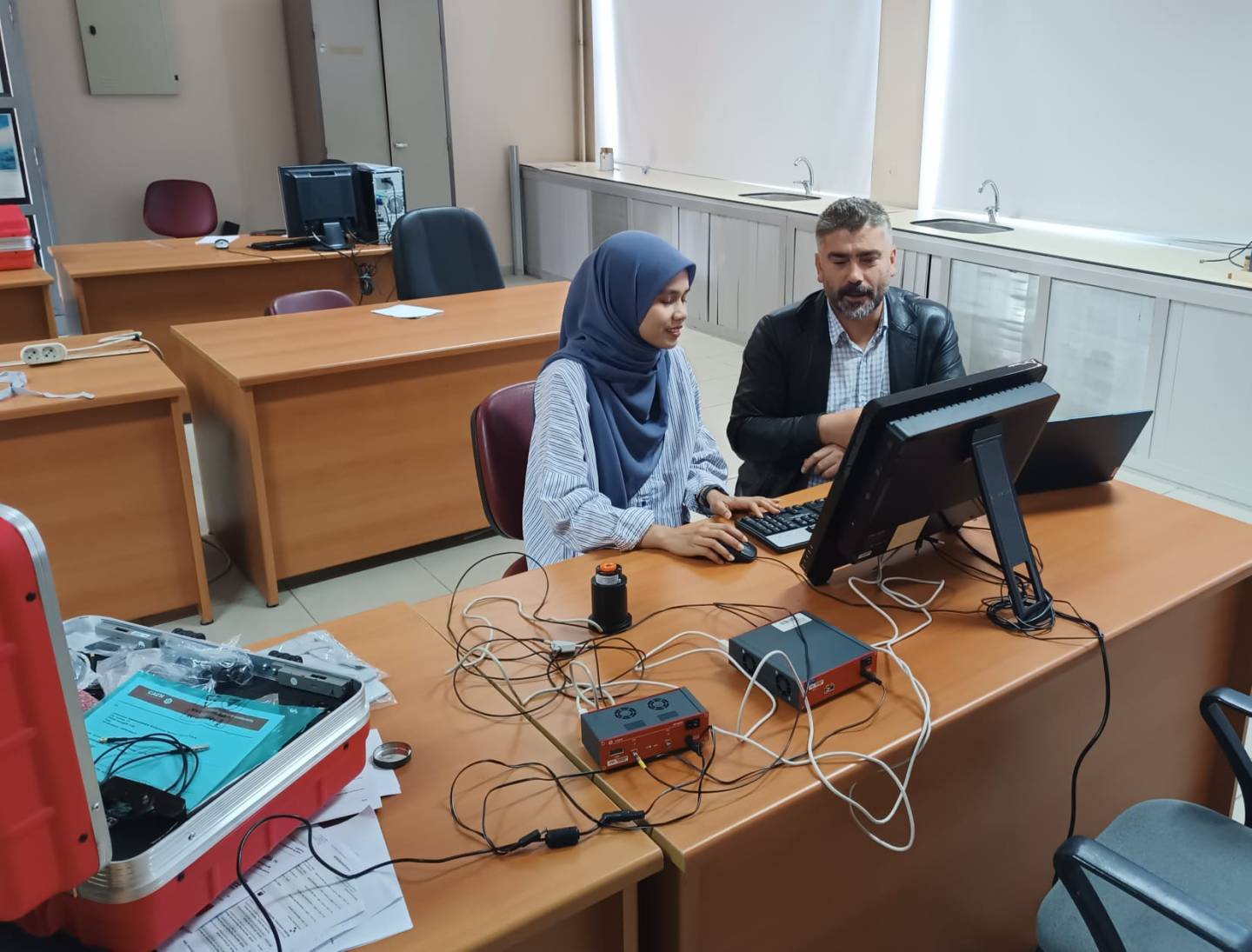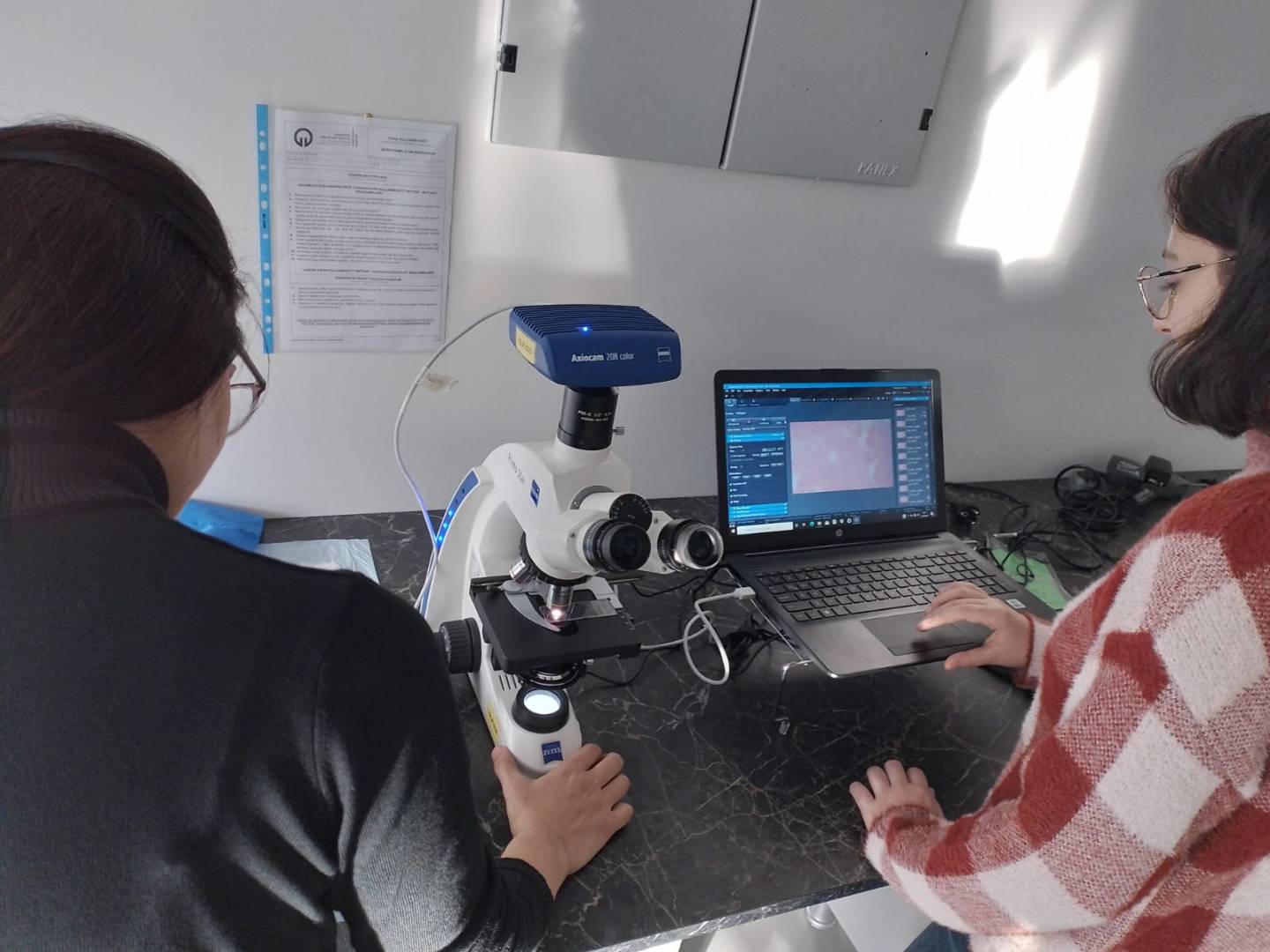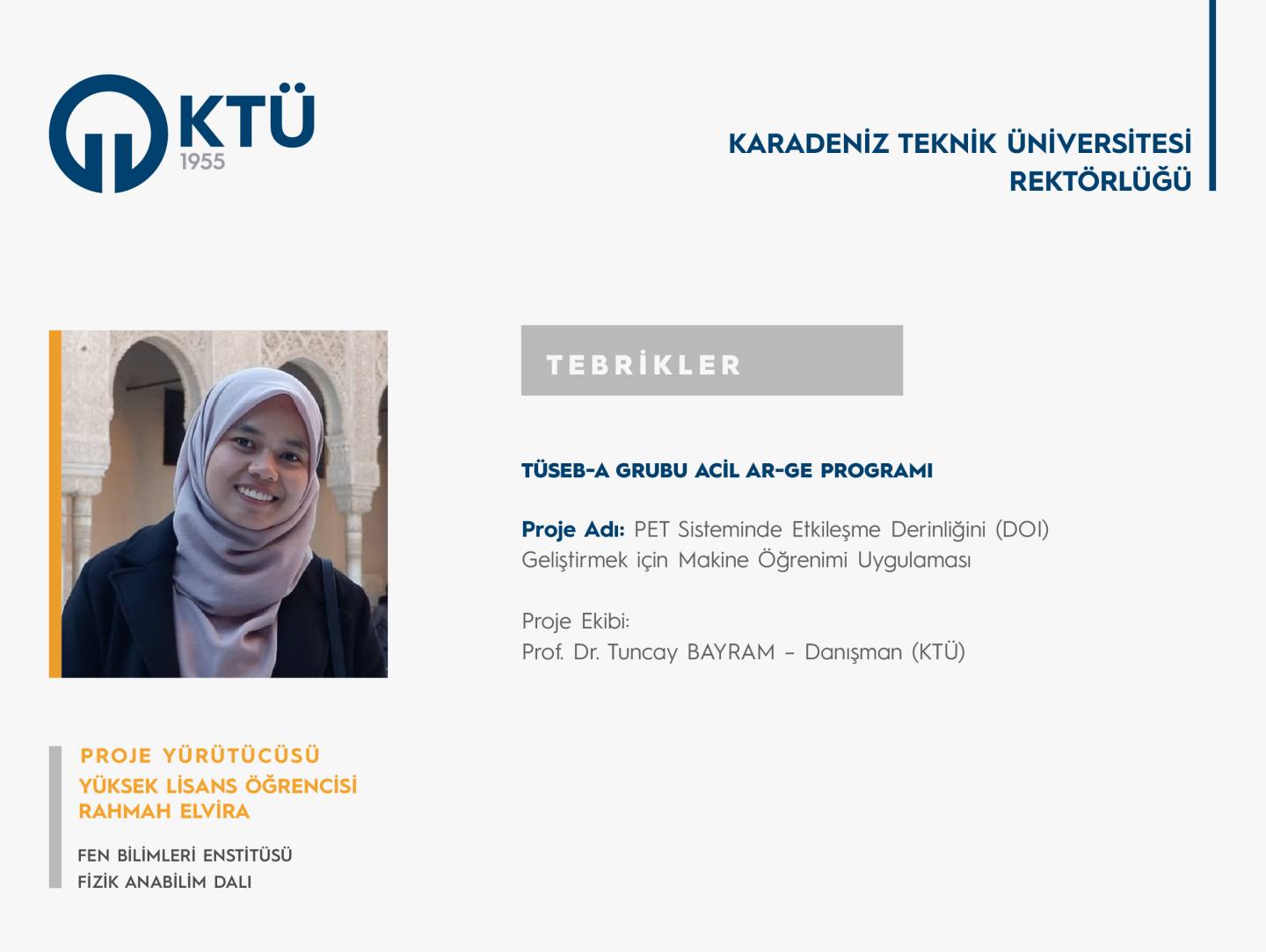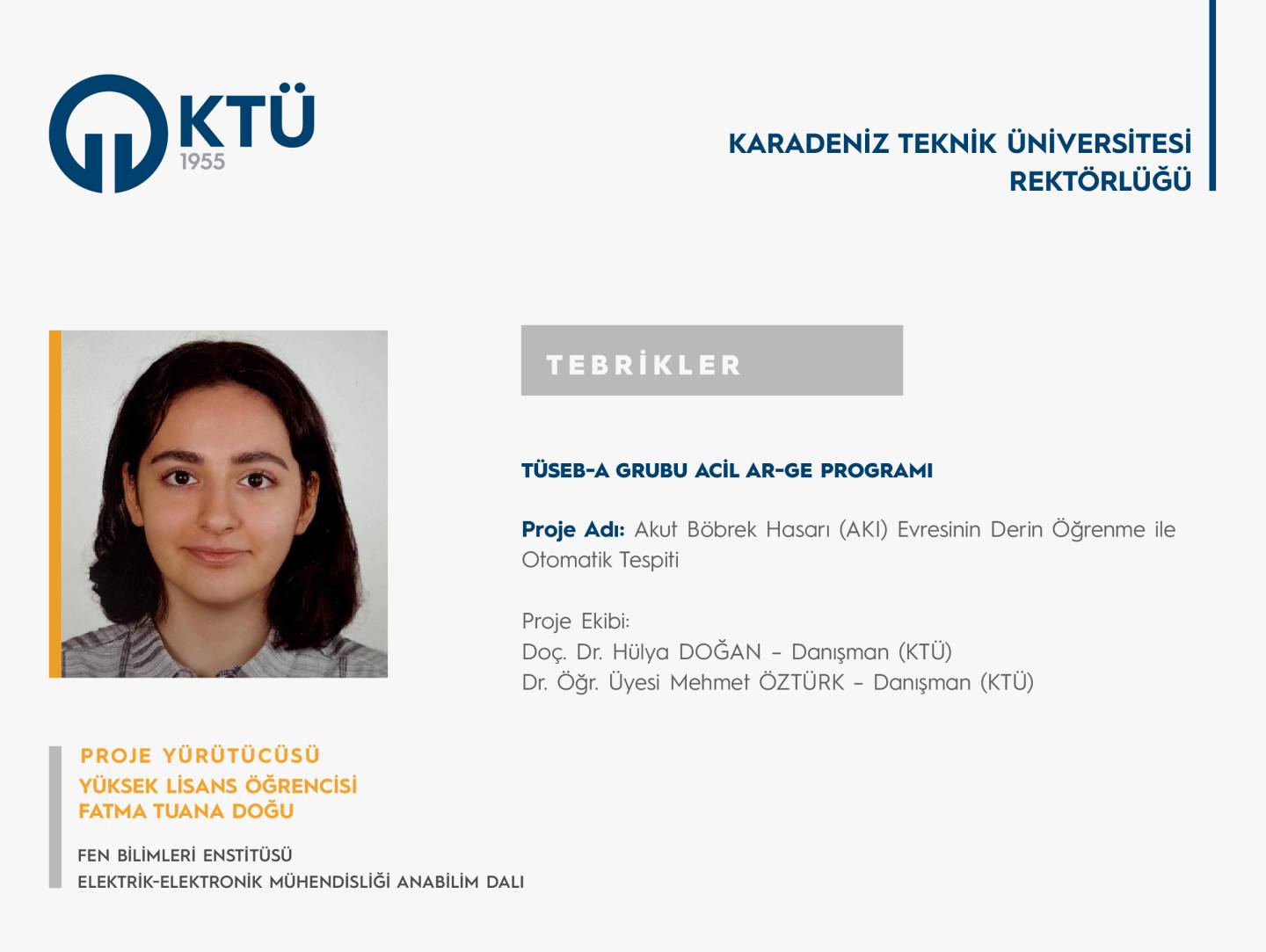CORPORATE
STUDENT
ACADEMIC
GOVERNANCE
RESEARCH
QUICK LINKS
Full Support from the Turkish Health Institutes for Our Students' Original Projects
Two graduate students from Karadeniz Technical University (KTU) have received support from the Turkish Health Institutes (TÜSEB) for their innovative scientific project proposals.
Rahmah ELVIRA, a Physics M.Sc. student, is conducting a project titled "Application of Machine Learning to Improve Depth of Interaction (DOI) in PET Systems", under the supervision of Prof. Dr. Tuncay BAYRAM. The aim of the project is to improve image quality in PET systems using machine learning techniques to enhance DOI accuracy and to develop optimized PET detector designs. This project contributes to the advancement of pre-clinical PET imaging and holds potential for the medical device field in Türkiye by proposing novel, efficient designs and techniques in nuclear medicine imaging.
Another M.Sc. student, Fatma Tuana DOĞU, is leading a project titled "Automatic Detection of Acute Kidney Injury (AKI) Stage Using Deep Learning", with the support of Assoc. Prof. Hülya DOĞAN and Asst. Prof. Dr. Mehmet ÖZTÜRK. The project aims to develop a deep learning-based model for the automatic detection of AKI stages from pathology images. This model is intended to be integrated into clinical decision support systems, offering faster and more accurate diagnoses, and thereby improving early treatment opportunities. The project stands as a strong example of artificial intelligence applications in healthcare.
In his statement, KTU Rector Prof. Dr. Hamdullah ÇUVALCI emphasized the university’s commitment to educating students who engage in research that benefits national interests and upholds academic quality. He noted that encouraging student involvement in research and entrepreneurship is a key objective of the university’s 2024–2028 Strategic Plan. He highlighted the university’s ongoing efforts to support student-led projects, both through internal funding and infrastructure development, and expressed pride in the students who have successfully secured national research grants, calling it a rewarding outcome of these institutional efforts.
16 June 2025
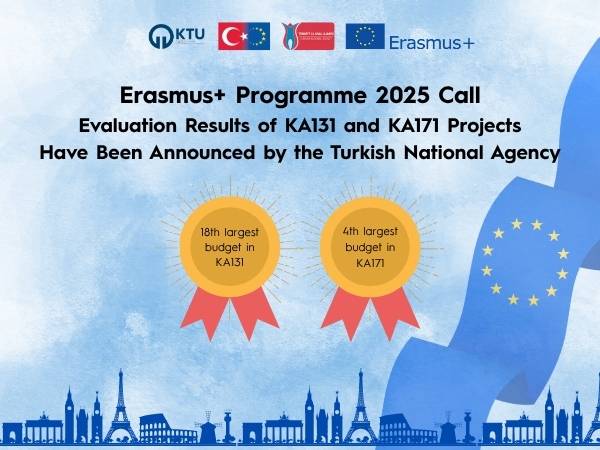
KTU will continue to offer its students and staff opportunities for international mobility not only in Europe but across the globe.
05 August 2025
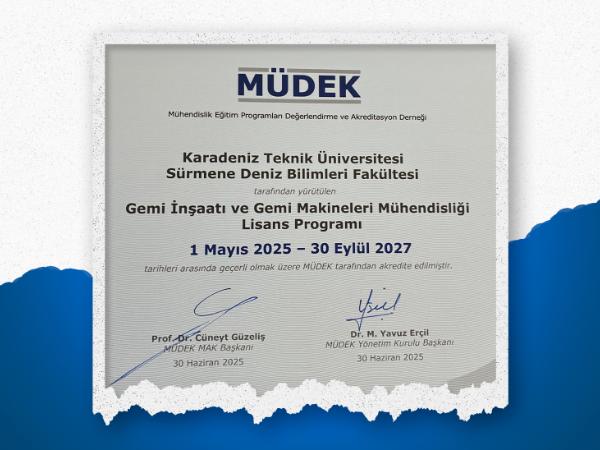
The Naval Architecture and Marine Engineering Undergraduate Program has been accredited by the Association for Evaluation and Accreditation of Engineering Programs.
31 July 2025
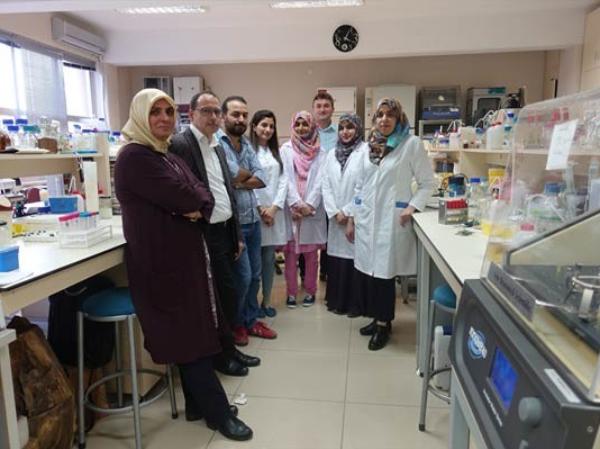
The project has been successfully completed under the TÜBİTAK 2244 Industry PhD Fellowship Program.
29 July 2025
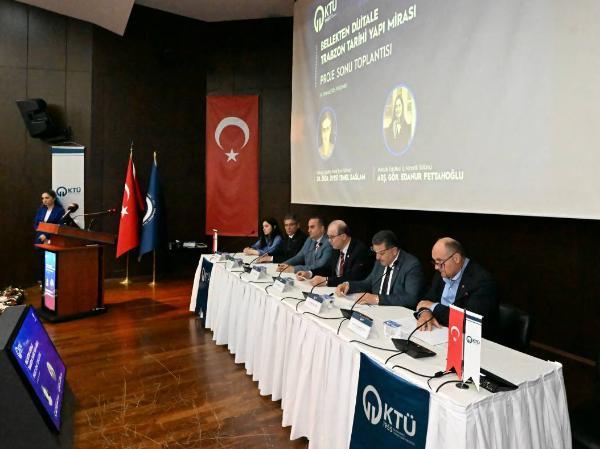
The final meeting of the project on digitalization of the architectural heritage of Trabzon was held with a large turnout at the Prof. Dr. Osman Turan Culture and Congress Center.
25 July 2025
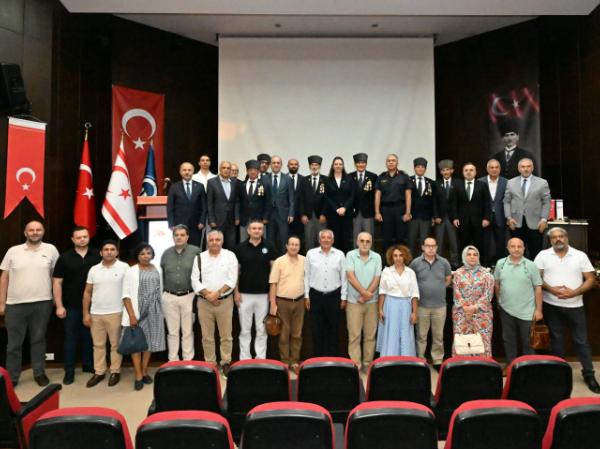
A meaningful program was held at our university to mark the 51st anniversary of the Cyprus Peace Operation.
23 July 2025
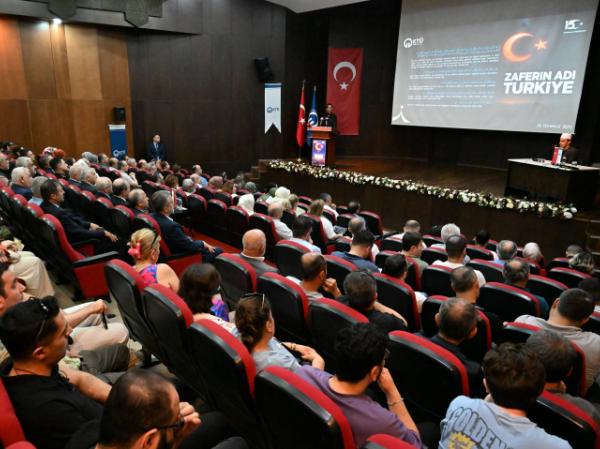
On July 10, 2025, our university hosted a July 15 commemoration program featuring Dr. Murat YILMAZ, member of the Presidential Social Policies Council, as the speaker.
11 July 2025
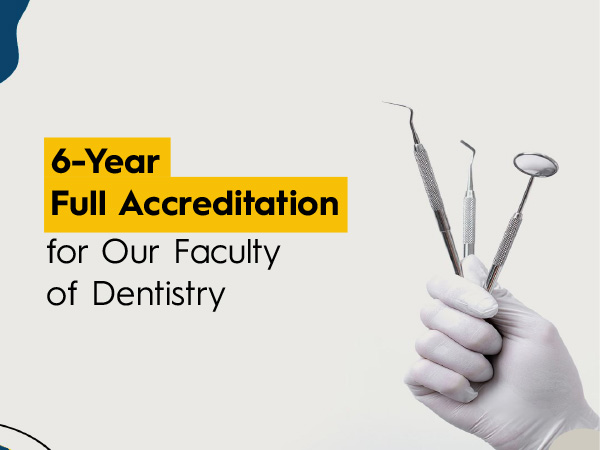
KTU Faculty of Dentistry has been granted ?Full Accreditation for 6 Years.?
07 July 2025
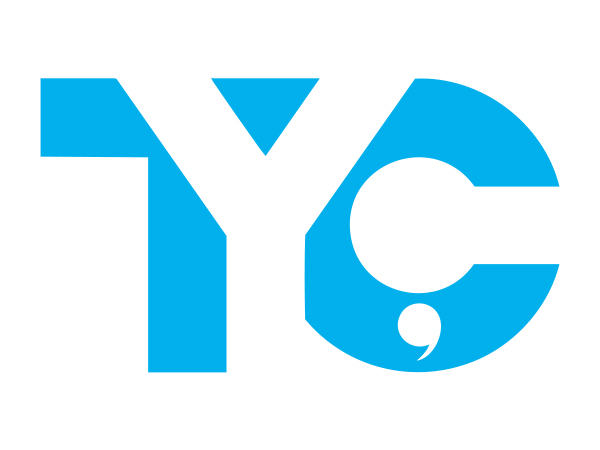
Our University?s Faculty of Engineering has achieved another milestone by having all of its undergraduate degree programs officially included in the Turkish Qualifications Framework.
04 July 2025

The inclusion of the TQF logo on bachelor's diplomas signifies that our department?s academic programs align with national quality assurance standards.
26 June 2025
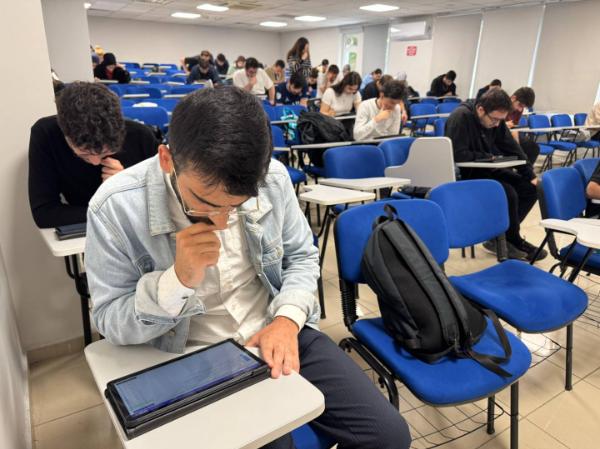
In line with our university?s digital transformation goals, digital exams were conducted at our faculty of dentistry.
25 June 2025
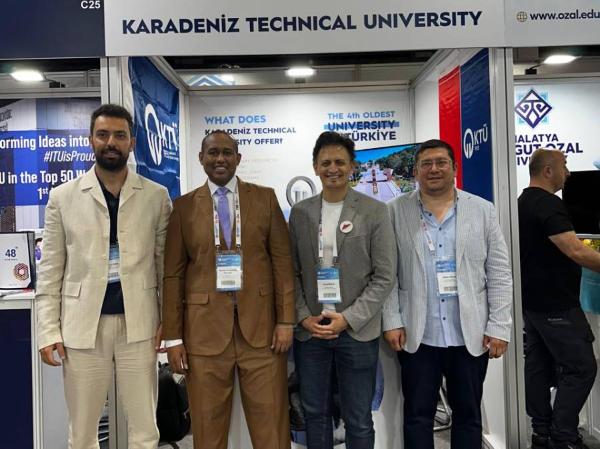
Our university took part at an institutional level in the Global Sustainable Development Congress for the first time.
20 June 2025

In the URAP rankings, our university once again demonstrated its academic performance on a global scale as of 2024.
18 June 2025
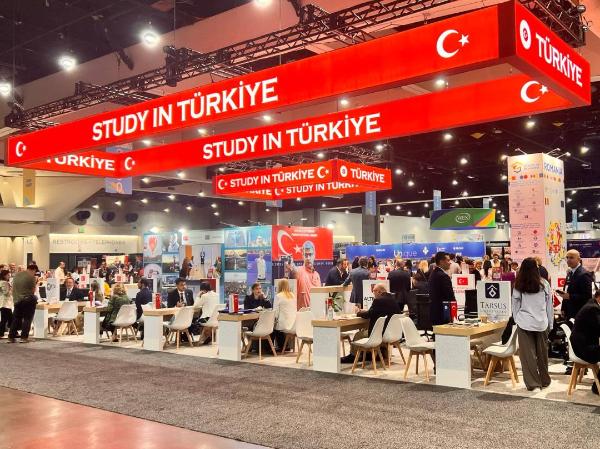
Our university has taken its place at NAFSA 2025 International Education Fair, one of the world's largest events in the field of international higher education.
28 May 2025
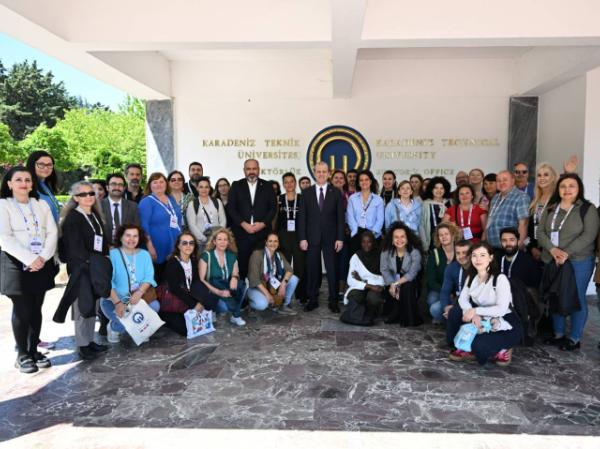
The event welcomed 32 representatives from 25 different universities across 11 countries and served as a platform to introduce both our University and the city of Trabzon.
22 May 2025

